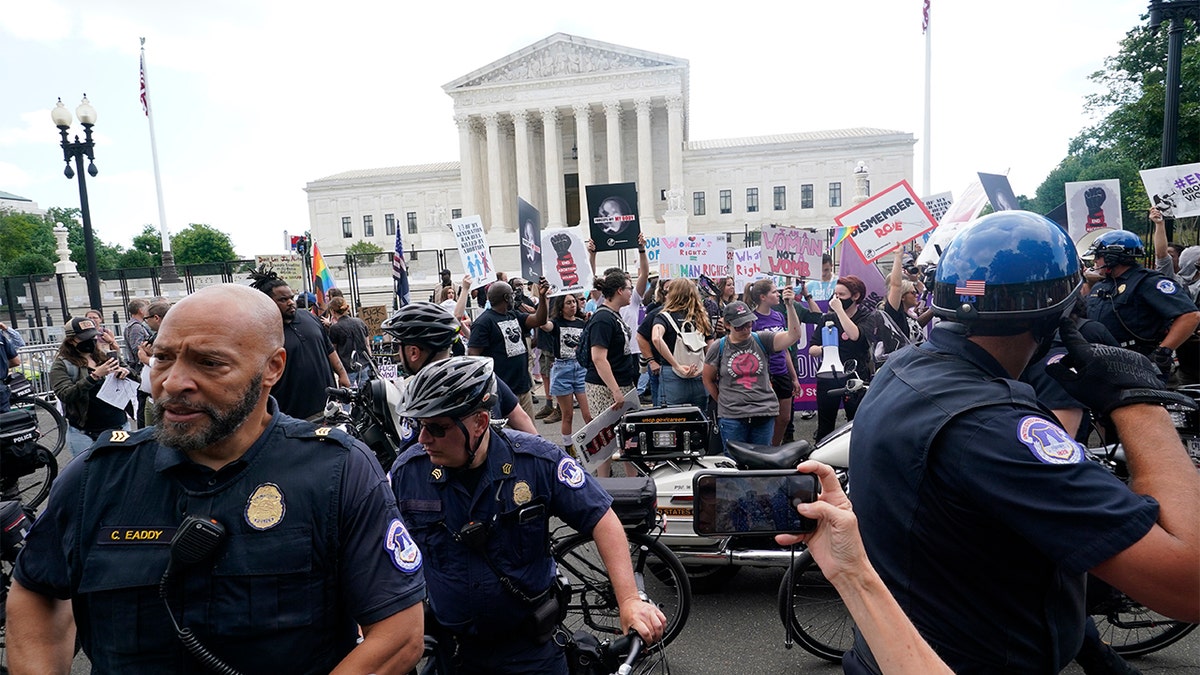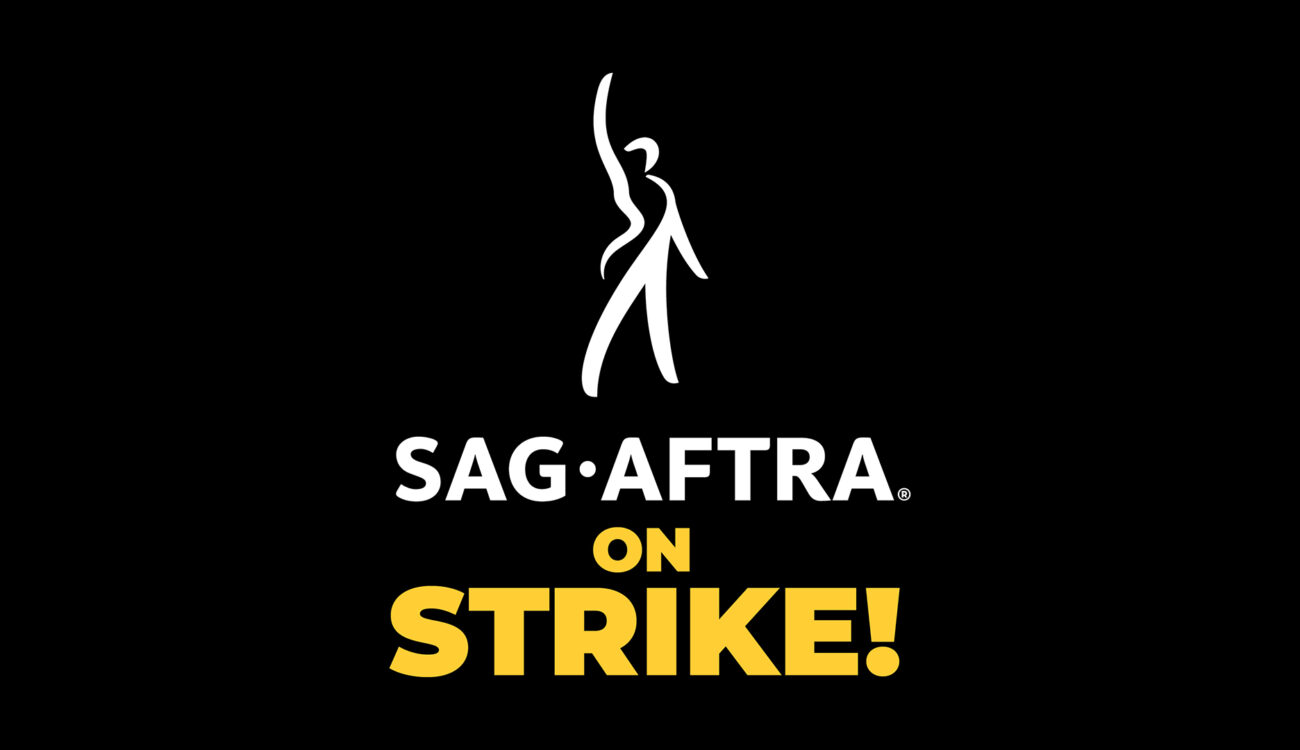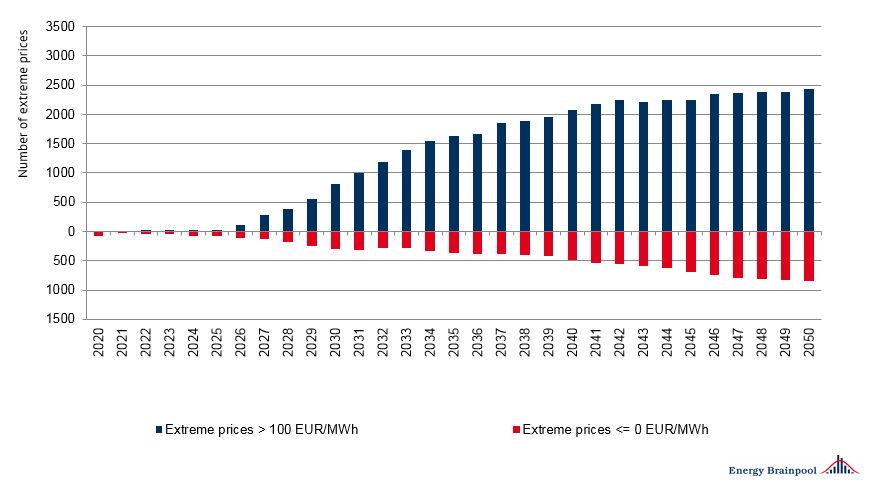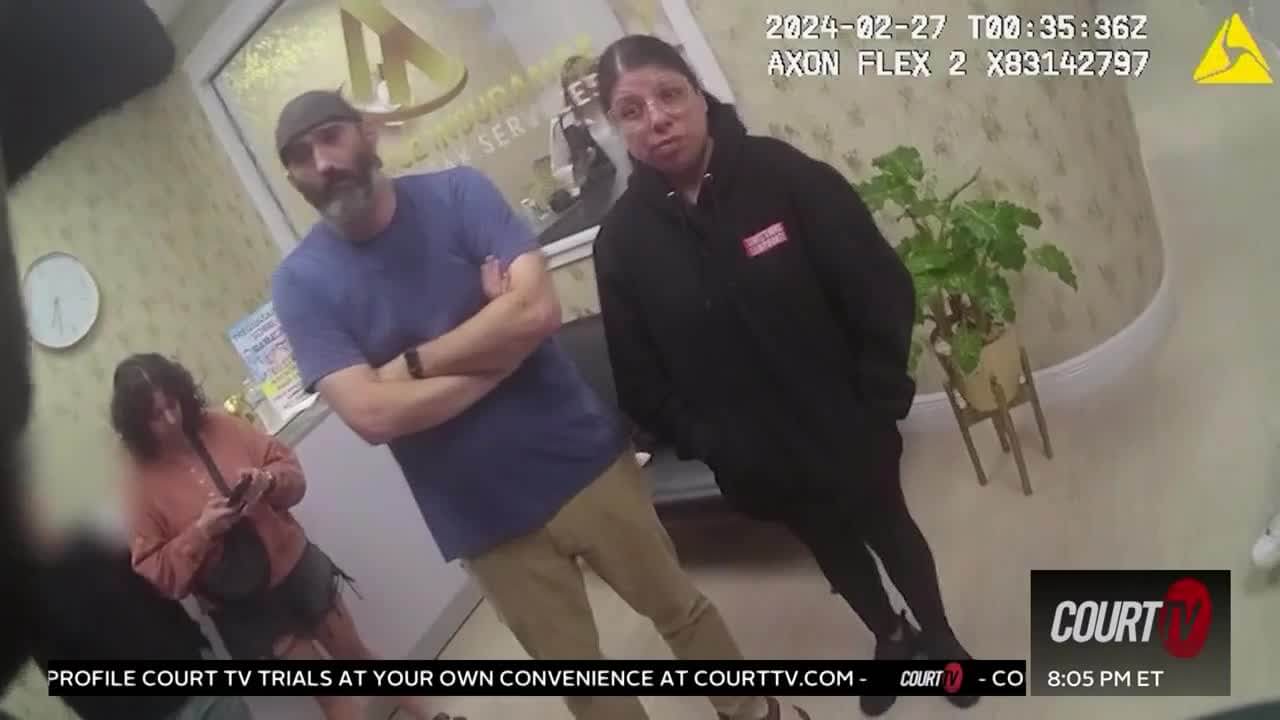Zombie Buildings In Chicago: A Deep Dive Into The Office Real Estate Crisis

Table of Contents
Defining "Zombie Buildings" in the Chicago Context
The term "zombie building" in Chicago refers to vacant commercial properties, primarily office buildings, that are neither fully occupied nor undergoing active redevelopment. Unlike simply vacant buildings, these properties are often mired in legal issues, neglected maintenance, and accumulating debt, creating a drain on city resources and negatively impacting surrounding neighborhoods. They are "dead" in terms of economic activity but remain legally tied up, preventing their revitalization or demolition.
-
Characteristics of a zombie building: These include significant tax liens, numerous code violations, stalled or abandoned renovations, and frequently, unsafe structural conditions. They often become magnets for vandalism and illegal activity.
-
Examples of prominent zombie buildings: While pinpointing specific addresses requires sensitive handling of private property information, many observers have noted several large, long-vacant office buildings in areas like the Loop, South Loop, and near West Side that exhibit characteristics of zombie buildings. These properties are often easily identified by their boarded-up windows, crumbling facades, and general state of disrepair.
-
Impact on surrounding property values: The presence of zombie buildings significantly diminishes property values in surrounding areas. The blight and associated safety concerns deter potential investors and residents, creating a ripple effect of negative economic consequences. This decline in value impacts the city's overall tax base.
Causes of the Zombie Building Phenomenon in Chicago
The rise of zombie buildings in Chicago is a complex issue stemming from a confluence of factors.
-
The COVID-19 Pandemic and Remote Work: The shift to remote work significantly impacted office space demand, leaving many previously viable buildings vacant and struggling to attract new tenants. This sudden drop in occupancy exacerbated existing economic vulnerabilities for many building owners.
-
Economic Downturns and Their Impact: Previous economic recessions contributed to the current crisis. Failing businesses left behind vacant properties, and the subsequent downturn in the real estate market made it difficult to find buyers or renters.
-
Litigation and Bureaucratic Delays: Complex legal battles, protracted permitting processes, and slow-moving bureaucratic procedures often hinder the redevelopment or demolition of these properties, prolonging their zombie status.
-
Changes in Zoning Regulations: Evolving zoning regulations and their impact on building viability can make it challenging for owners to find profitable uses for aging office spaces, potentially leading to neglect and abandonment.
-
Lack of Investment in Building Maintenance: Inadequate maintenance and upkeep, particularly in the years leading up to vacancy, can accelerate deterioration and escalate the costs of eventual renovation, discouraging potential investors.
Consequences of Chicago's Zombie Building Crisis
The proliferation of zombie buildings carries substantial negative consequences for Chicago.
-
Public Safety Hazards: These abandoned buildings present significant public safety risks, including structural instability, vandalism, fires, and the potential for squatters.
-
Decreased Property Values: As mentioned earlier, the presence of these buildings significantly impacts surrounding property values, creating a negative ripple effect on entire neighborhoods.
-
Lost Tax Revenue: Vacant properties generate little to no tax revenue for the city, adding to the financial strain on municipal budgets.
-
Negative Impact on Tourism and City Image: The sight of dilapidated buildings can negatively affect the city's image, deterring tourists and potentially discouraging investment.
-
Strain on City Resources: The city is burdened with the costs associated with demolition, remediation, and addressing the safety hazards posed by these structures.
Potential Solutions and Strategies for Addressing Zombie Buildings in Chicago
Addressing the zombie building crisis requires a multi-pronged approach involving government intervention, incentivized redevelopment, and private sector engagement.
-
Government Programs to Incentivize Redevelopment and Demolition: Targeted tax incentives, grants, and streamlined permitting processes could incentivize property owners to redevelop or demolish zombie buildings.
-
Streamlining the Permitting and Legal Processes: Reducing bureaucratic hurdles and simplifying the legal procedures associated with property redevelopment is crucial for faster turnaround times.
-
Tax Incentives and Subsidies for Renovations: Financial incentives for owners undertaking significant renovations could transform these dilapidated structures into productive assets.
-
Public-Private Partnerships: Collaborations between the city government and private developers can facilitate large-scale projects addressing clusters of zombie buildings.
-
Community Involvement: Engaging local communities in revitalization projects can ensure that redevelopment aligns with the needs and priorities of the neighborhood.
Conclusion
The proliferation of zombie buildings in Chicago poses a significant threat to the city's economic vitality and urban fabric. The causes are multifaceted, ranging from economic downturns and the shift to remote work to bureaucratic delays and a lack of investment. The consequences include public safety hazards, decreased property values, and lost tax revenue. Addressing this crisis requires a collaborative effort between the city government, private investors, and community stakeholders. Implementing effective solutions, such as streamlined permitting processes, tax incentives, and public-private partnerships, is critical to revitalizing these neglected properties and preventing further growth of the zombie buildings in Chicago problem. Let's work together to transform these eyesores into valuable assets, contributing to a healthier and more prosperous Chicago.

Featured Posts
-
 Over The Counter Birth Control Implications For Reproductive Healthcare After Roe V Wade
Apr 29, 2025
Over The Counter Birth Control Implications For Reproductive Healthcare After Roe V Wade
Apr 29, 2025 -
 Sag Aftra Joins Wga On Strike What This Means For Hollywood
Apr 29, 2025
Sag Aftra Joins Wga On Strike What This Means For Hollywood
Apr 29, 2025 -
 Negative European Electricity Prices A Solar Revolution
Apr 29, 2025
Negative European Electricity Prices A Solar Revolution
Apr 29, 2025 -
 Cnn Reports Over 100 Immigrants Detained In Underground Nightclub Raid
Apr 29, 2025
Cnn Reports Over 100 Immigrants Detained In Underground Nightclub Raid
Apr 29, 2025 -
 Confronting Google Perplexity Ceos Perspective On The Emerging Ai Browser Market
Apr 29, 2025
Confronting Google Perplexity Ceos Perspective On The Emerging Ai Browser Market
Apr 29, 2025
Latest Posts
-
 Impact Of Xs Debt Sale Analyzing The Newly Released Financial Data
Apr 29, 2025
Impact Of Xs Debt Sale Analyzing The Newly Released Financial Data
Apr 29, 2025 -
 Willie Nelsons Documentary A Look At The Life Of A Dedicated Roadie
Apr 29, 2025
Willie Nelsons Documentary A Look At The Life Of A Dedicated Roadie
Apr 29, 2025 -
 Willie Nelsons New Album Oh What A Beautiful World
Apr 29, 2025
Willie Nelsons New Album Oh What A Beautiful World
Apr 29, 2025 -
 Willie Nelsons 4th Of July Picnic Texas Comeback
Apr 29, 2025
Willie Nelsons 4th Of July Picnic Texas Comeback
Apr 29, 2025 -
 The Changing Face Of X A Look At The Financials Following The Debt Sale
Apr 29, 2025
The Changing Face Of X A Look At The Financials Following The Debt Sale
Apr 29, 2025
